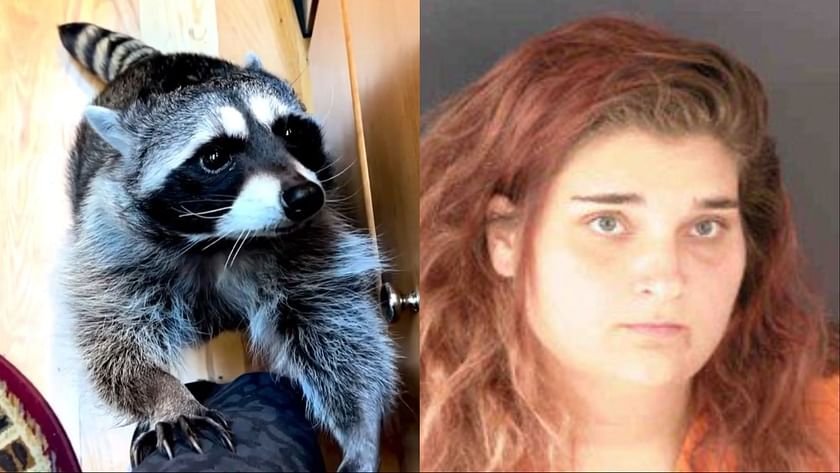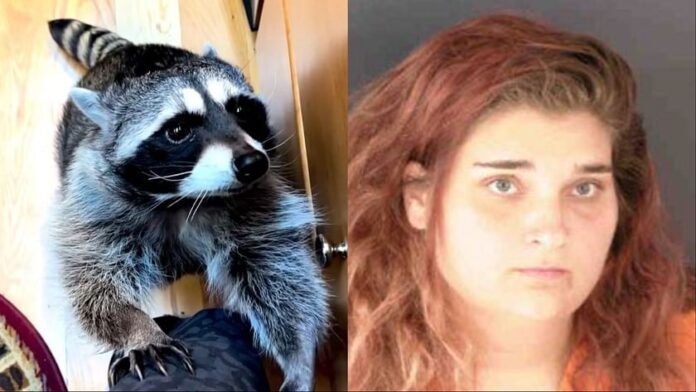Alicia Kincheloe, a 31-year-old Florida native, faced legal repercussions after a deeply disturbing incident, commonly referred to as the “raccoon dumpster” case, resulted in her sentencing to a work program.
The charges stemmed from a Snapchat video she shared in August 2022, where she set a raccoon on fire. Her father, Roddy, was also arrested in connection with the incident.
The public’s response on the internet has been marked by calls for more stringent action against her.In the Snapchat video, a raccoon was seen trapped inside a dumpster behind a restaurant. The Sarasota County Sheriff’s Office confirmed that the animal showed no signs of aggression.

Despite this, Kincheloe accused the raccoon of potentially having rabies. In a subsequent video, she poured gasoline on the helpless animal and set it on fire, callously sharing the remains on Snapchat, accompanied by the chilling comment, “We just toasted his a*s.
Who’s hungry?”Convicted of aggravated animal cruelty and tampering with evidence, Kincheloe’s legal consequences were pronounced on October 19.
The court sentenced her to 45 days in the offender work program, two years under community control, and three years of probation.
Furthermore, she was mandated to perform 100 hours of community service, undergo eight weeks of anger management, and complete the “Thinking for a Change” course, a cognitive behavioral change program.
As part of the sentencing, Kincheloe was explicitly prohibited from having any animals. However, her attorney submitted a motion seeking a modification to allow her to possess an emotional support animal, citing a diagnosed medical condition.Alicia Kincheloe’s actions, showcased in the widely circulated raccoon dumpster fire video, triggered a wave of public outrage.
The video, disseminated rapidly on social media, depicted an egregious act of cruelty, leading to widespread condemnation and demands for justice. This incident sparked discussions about animal cruelty and prompted reflections on the role of social media in amplifying such offenses.
While some argued that social media platforms bear a responsibility to prevent the spread of harmful content, others emphasized the importance of individual accountability in preventing acts of animal abuse.
Share this content:




